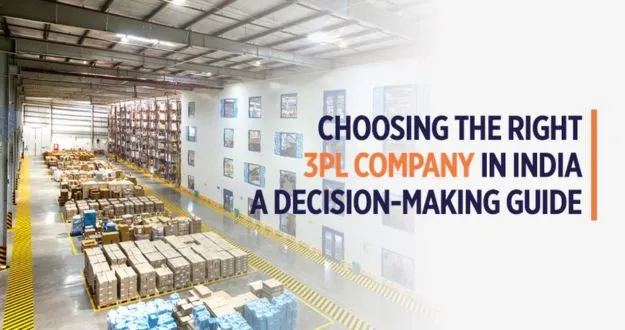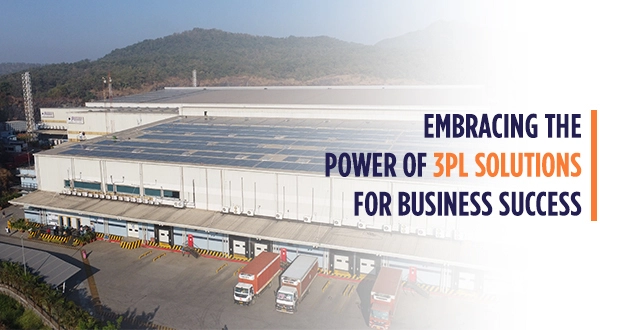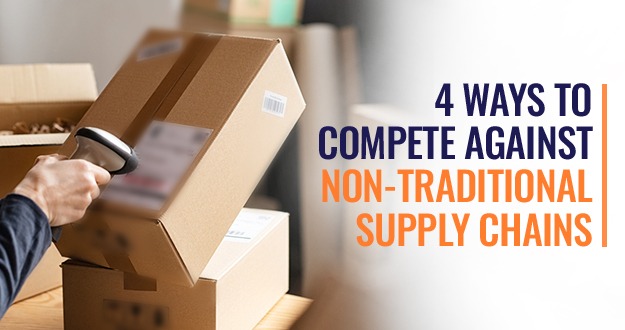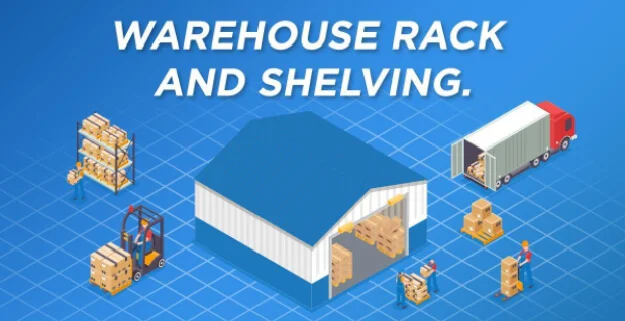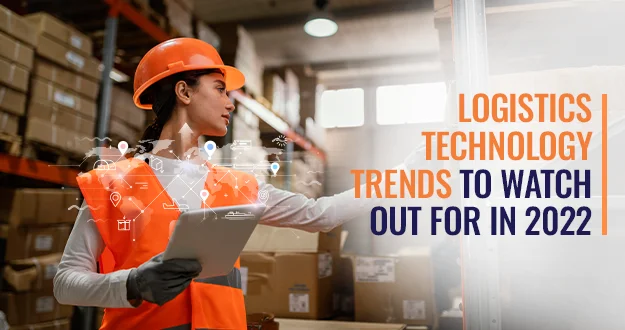
Logistics Technology Trends to Watch Out for in 2022
The logistics sector is an integral link in Supply Chain Management. The global logistics market size was estimated at USD 4.92 trillion in 2021 and is expected to reach USD 6.55 trillion by 2027 according to a report by IMARC Group. Of this, India’s logistics market was pegged at USD 250 billion in 2021 and is likely to become USD 380 billion by 2025 as per Statista.
It is projected that the sector will witness radical technological innovation, especially driven by the learning from the COVID-19 pandemic which changed the face of the entire supply chain ecosystem. Let’s take a look at key technology trends that will shape up logistics services in 2022.
Robotic Solutions
The logistics companies will increase the adoption of robotic solutions to enable faster and more efficient inventory management and warehousing operations. Robots will automate repetitive manual activities such as sorting, picking up, moving, loading, unloading and organizing inventory or packages. They will even reduce labour costs and minimize errors.
Digitalization
Most companies and industries have opted for digitalizaion in the recent years making it a prominent game changer. Information technology is a crucial aspect in all of this. It consists of the use of digital technologies to add insights and modify a business model, provide higher revenue and expose the company to better opportunities.
Predictive Analytics
Real-time tracking of deliveries, vehicles, and machinery is a major concern in transport and logistics. Predictive analytics can address this challenge. In 2022, the logistics sector will implement predictive analytics tools to fetch real-time operational data, detect anomalies, find areas of improvement, and take preventive measures. This technology will also help the logistics companies in route optimization to find an optimal location for a central hub or warehouse.
Artificial Intelligence (AI)
A McKinsey report states that early adopters of AI in supply chain management improved their logistics cost by 15%, inventory levels by 35%, and service levels by 65%. Another McKinsey report highlights logistics firms will generate USD1.3-2 trillion every year for the next 20 years in economic value through AI. It wouldn’t be surprising that AI adoption rises in 2022. The logistics companies will integrate AI with the following use cases:
- Inventory planning and forecasting
- Transport planning and forecasting
- Last-mile planning
- Warehouse automation
- Dynamic pricing
- Automating back-office activities
- Sales and marketing analytics
Drone Deliveries
Experts predict that there will be widespread usage of drones in India this year and it could become a multi-billion dollar industry in the next decade. This is not surprising considering that several logistics companies in India are now conducting drone delivery trials. India’s Drone Rules 2021 will pave the way for the logistics sector to facilitate faster, cost-efficient, and eco-friendly deliveries for both last mile and micro fulfilment.
Internet of Things (IoT)
According to a study undertaken by HERE Technologies, 11% of Indian logistics firms are using IoT. It also states that 38% of companies will increase their investment in IoT in the next two years. IoT will be instrumental in deploying real-time fleet and cargo monitoring operations. A few of the other use cases that logistics companies will explore with respect to IoT are:
- Remote control of transportation process
- Monitoring of driver behaviour and vehicle condition
- Installation of smart sensors in a warehouse to manage inventory
- Provision of real-time data on the location of goods
Technology is poised to play a crucial role in global supply chain management and logistics. It is imperative that logistics companies embrace technology with an open mind to stay ahead in the completion and boost their revenues. The 3PL-solutions company PISPL is among the first few adopters of technology to provide customized solutions and drive operational excellence.
